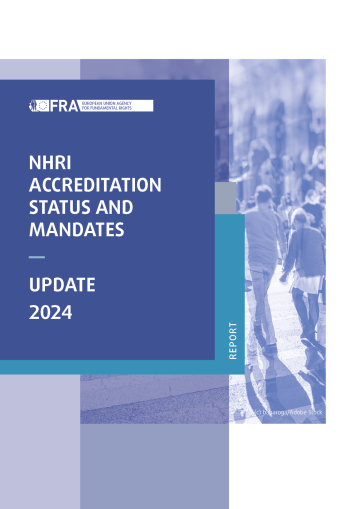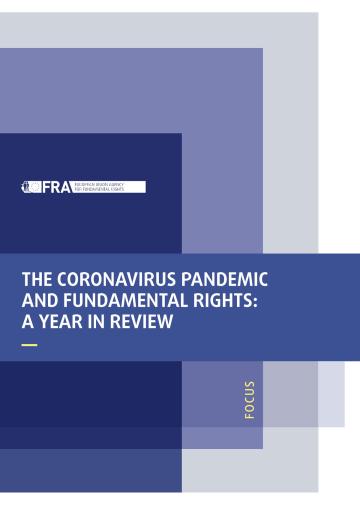Artikel 8 (1) Alle Deutschen haben das Recht, sich ohne Anmeldung oder Erlaubnis friedlich und ohne Waffen zu versammeln. (2) Für Versammlungen unter freiem Himmel kann dieses Recht durch Gesetz oder auf Grund eines Gesetzes beschränkt werden. Artikel 9 (1) Alle Deutschen haben das Recht, Vereine und Gesellschaften zu bilden. (2) Vereinigungen, deren Zwecke oder deren Tätigkeit den Strafgesetzen zuwiderlaufen oder die sich gegen die verfassungsmäßige Ordnung oder gegen den Gedanken der Völkerverständigung richten, sind verboten. (3) Das Recht, zur Wahrung und Förderung der Arbeits- und Wirtschaftsbedingungen Vereinigungen zu bilden, ist für jedermann und für alle Berufe gewährleistet. Abreden, die dieses Recht einschränken oder zu behindern suchen, sind nichtig, hierauf gerichtete Maßnahmen sind rechtswidrig. Maßnahmen nach den Artikeln 12a, 35 Abs. 2 und 3, Artikel 87a Abs. 4 und Artikel 91 dürfen sich nicht gegen Arbeitskämpfe richten, die zur Wahrung und Förderung der Arbeits- und Wirtschaftsbedingungen von Vereinigungen im Sinne des Satzes 1 geführt werden. Artikel 17a (1) Gesetze über Wehrdienst und Ersatzdienst können bestimmen, daß für die Angehörigen der Streitkräfte und des Ersatzdienstes während der Zeit des Wehr- oder Ersatzdienstes das Grundrecht, seine Meinung in Wort, Schrift und Bild frei zu äußern und zu verbreiten (Artikel 5 Abs. 1 Satz 1 erster Halbsatz), das Grundrecht der Versammlungsfreiheit (Artikel 8) und das Petitionsrecht (Artikel 17), soweit es das Recht gewährt, Bitten oder Beschwerden in Gemeinschaft mit anderen vorzubringen, eingeschränkt werden. (...) Artikel 21 (1) Die Parteien wirken bei der politischen Willensbildung des Volkes mit. Ihre Gründung ist frei. Ihre innere Ordnung muß demokratischen Grundsätzen entsprechen. Sie müssen über die Herkunft und Verwendung ihrer Mittel sowie über ihr Vermögen öffentlich Rechenschaft geben. (2) Parteien, die nach ihren Zielen oder nach dem Verhalten ihrer Anhänger darauf ausgehen, die freiheitliche demokratische Grundordnung zu beeinträchtigen oder zu beseitigen oder den Bestand der Bundesrepublik Deutschland zu gefährden, sind verfassungswidrig. Über die Frage der Verfassungswidrigkeit entscheidet das Bundesverfassungsgericht. (3) Das Nähere regeln Bundesgesetze.








